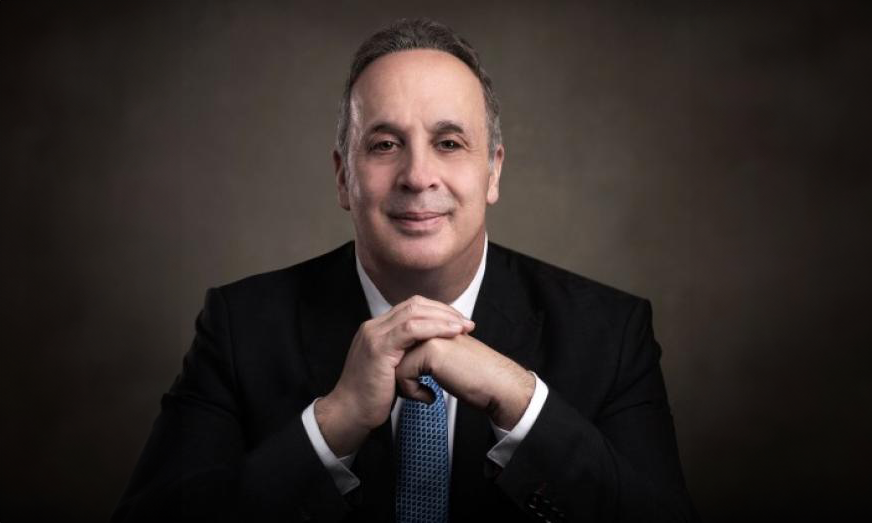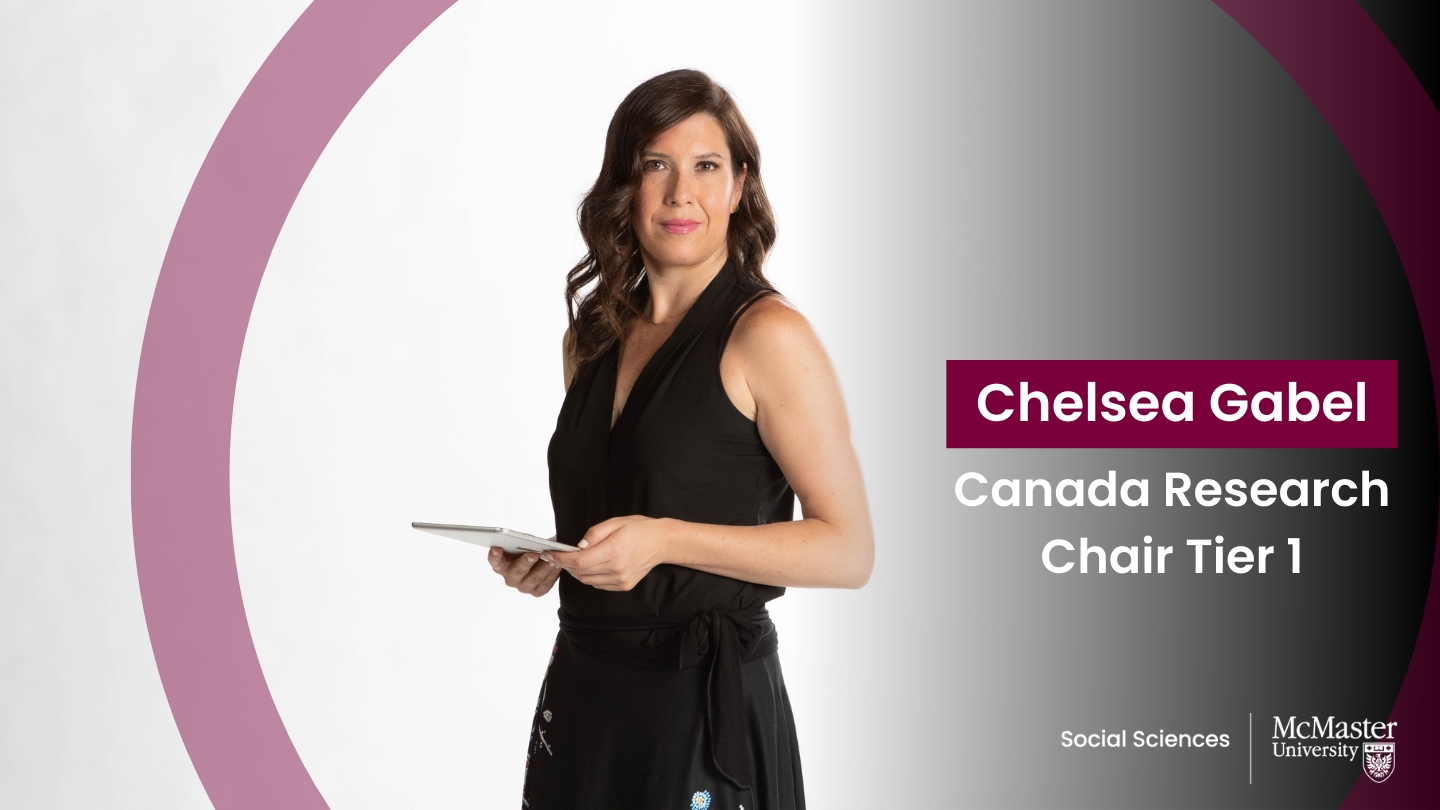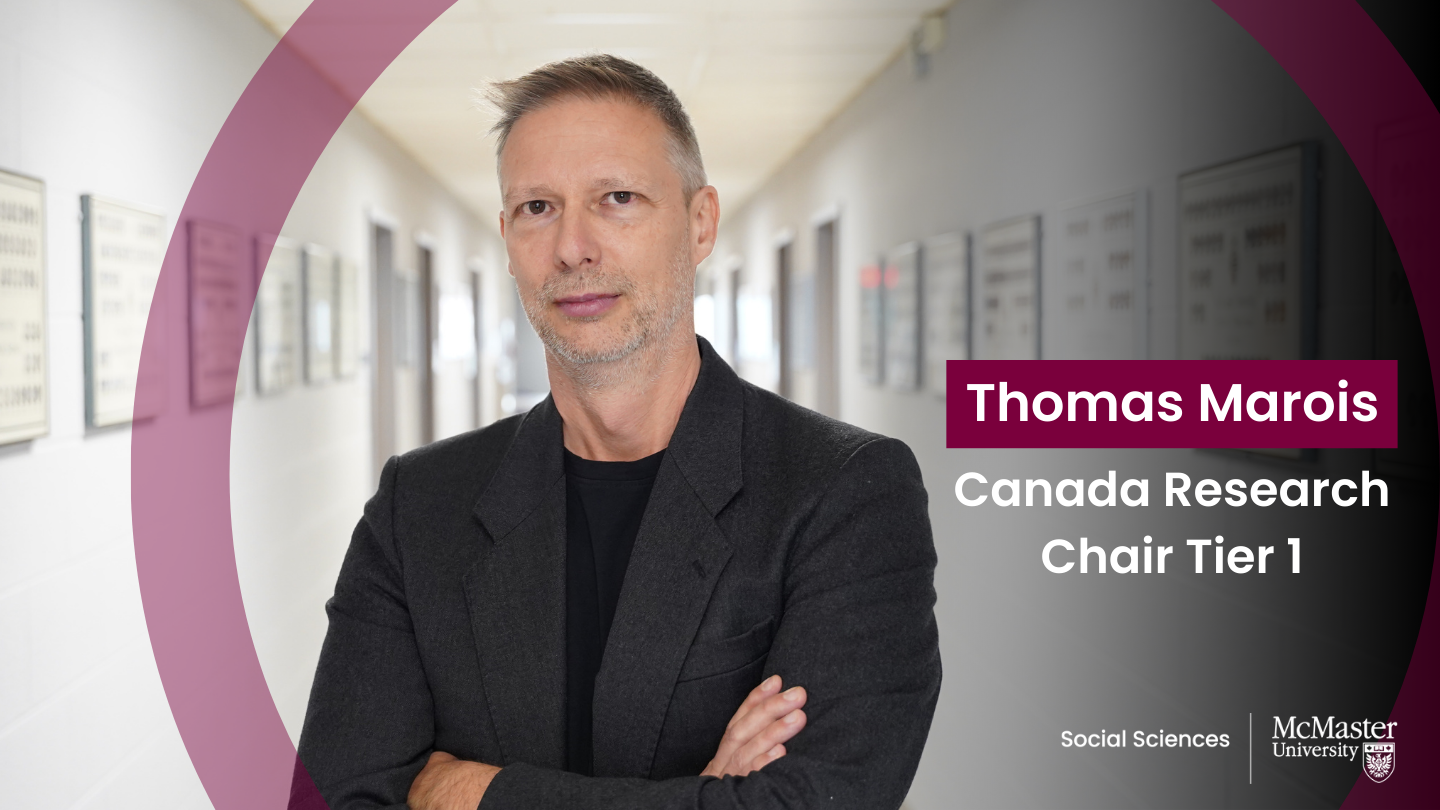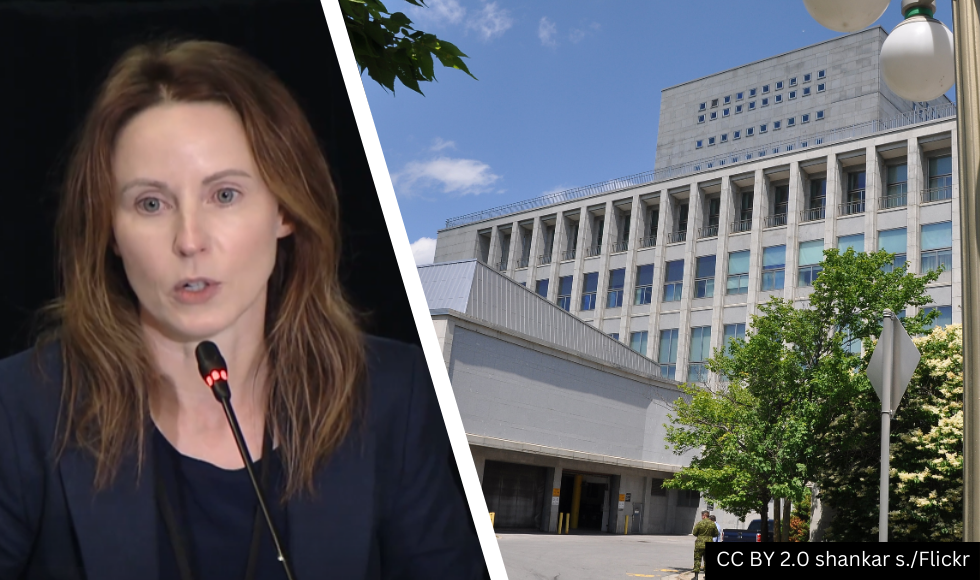Donald Abelson appointed as inaugural academic director of Wilson College of Leadership and Civic Engagement

Donald Abelson, the inaugural academic director of Wilson College of Leadership and Civic Engagement, will begin his term on October 1, 2023. Formerly the founding director of the Brian Mulroney Institute of Government and the Steven K. Hudson Chair in Canada-US Relations at St. Francis Xavier University, Abelson will be joining the Faculty of Social Sciences’ Department of Political Science.
His research focuses on American politics and US foreign policy, with his most recent project exploring the relationship between prominent US think tanks and their affiliated universities.
We talked to Donald about his professional and academic background, his hopes for the future of Wilson College, and what he likes to do when he’s not leading institutes.
Before joining us, you most recently served as the inaugural director of the Brian Mulroney Institute for Government. What lessons did you learn during your time as inaugural director of the Mulroney Institute that you hope to bring to Wilson College?
There were so many important lessons I learned over the past five years as Director of the Mulroney Institute of Government. First and foremost, was the importance of providing students with courses that challenged them to think critically and methodically about how leaders at all levels of government manage to process information from multiple sources when tasked with assessing potential solutions to complex policy problems. My colleagues and I also recognized how essential it was to provide students with important experiential learning opportunities in various institutional settings to augment their education.
Another important lesson I learned was how critical it was to establish and manage relations with multiple stakeholders, including a former prime minister, donors, policy-makers, academics, research institutes and the media. In an effort to enhance the exposure of the Mulroney Institute across Canada, I devoted much of my time to raising the Institute’s research and public profile. Of particular interest to me was working with the print and broadcast media, not to mention relying on several social media platforms, to increase public awareness of the work being undertaken at the Mulroney Institute. These lessons, along with many others have shaped my thinking about best practices to employ as Academic Director of Wilson College.
How will your background in political science inform your approach to Wilson College’s academic programming?
Throughout my academic career, I have participated in, and, have helped develop several undergraduate and graduate interdisciplinary programs. As a political scientist with a strong interest in assessing the impact of non-governmental organizations in shaping public opinion and public policy, I have no doubt that some of the approaches I have employed in my own work will influence my thinking regarding academic programming at Wilson College. However, I rarely work in an academic silo, preferring instead to draw on various disciplines in the social sciences and in arts and humanities which have allowed me to expand my thinking around many topics. It is the interdisciplinary nature of Wilson College that will make this program unique in Canada, and I am confident that the courses students will be able to access both in leadership studies and civic engagement, and in their chosen degree field, will produce well-rounded individuals who appreciate why it is so important to study public policy from multiple perspectives.
What do the liberals arts have to offer students pursuing education in leadership and civic studies?
A strong background in the liberal arts is so important in preparing students for the workplace. Understanding how to engage in critical thinking and being able to draw on so many different perspectives when considering the many complex issues facing society is invaluable. Of course, training in the liberal arts will go a long way in educating our students about the challenges and opportunities that come with assuming leadership positions, but the liberal arts offers so much more. It opens minds to new ways of thinking, and challenges each of us to delve more deeply into understanding the world we inhabit. The students we train at Wilson College will, with a strong background in the liberal arts, be better prepared and equipped to enter government, the non-governmental community and the private sector. In each of these institutional settings, what is required are people who are confident and have the ability to engage thoughtfully in discussions about key issues. Employment in these sectors also requires individuals who can communicate effectively and in an accessible manner to multiple target audiences. These are the types of people that Wilson College will invariably attract.
What do you hope to accomplish in new role at Wilson College in your first 90 days/year?
One of the many things I enjoy about being a Director is wearing so many different hats, and I suspect my position at Wilson College will demand just that. My goal in the first 90 days is to both learn more about the culture at McMaster, and move forward on a number of initiatives that have been in the works for months, including academic programming, public outreach, establishing research projects, and working with the College’s newly-formed External Advisory Board which is populated with a very diverse and talented pool of people who bring with them years of experience relevant to the work of Wilson College. There will be no shortage of initiatives to keep me busy, and what the McMaster community will notice over the next several months is how much the profile of Wilson College will grow. This will be thanks to McMaster’s president, David Farrar and his team, the tremendous work of Deans Pamela Swett (Humanities), Jerry Hurley (Social Sciences), as well as several people in both faculties who have worked tirelessly over the past year to breathe life into the vision which motivated Mr. Red Wilson and his foundation to bestow the incredible gift of Wilson College to McMaster.
In fall 2024, we will begin to recruit the inaugural undergraduate cohort for Wilson College. How would you characterize the future Wilson College class of 2029?
The students who enter the inaugural class of Wilson College will come from very different backgrounds and life experiences, but they will share one major thing in common – a desire to take on leadership roles in government, with an NGO or in the private sector. These will be people who are motivated to make a difference and to help build a better country. The academic training and skillset they will develop at McMaster’s Wilson College will set them apart from students across the country. There is no doubt that the leadership vacuum in Canada, and in many other parts of the world have taken a toll on the development and implementation of sound public policy. It is my expectation that Wilson College graduates will help fill this void.
What impact do you anticipate Wilson College will have on Canada and the world?
If I could look through a crystal ball and see the future, I would not be at all surprised to observe several graduates from Wilson College making important contributions in every sector imaginable. This College will produce well-rounded individuals who feel inspired to make a better Canada and a better world. They will have an appreciation for the importance of education, feel a need to help others, and be equipped with the skill set that will give them the voices they need to make their presence felt. I am very excited about how future generations of Wilson College will change the world. They will no doubt face barriers along the way, but will have the skill, imagination and creativity, to move things forward.
What do you like to do when you’re not leading institutes?
I very much enjoy spending time with my family and friends, particularly my partner, Monda, and her twin sister, Sonia, and my grown-up children, Rebecca (a 2017 McMaster grad) and Seth. I am also an avid hockey fan, and as a season ticket holder, follow my hometown London Knights very closely. I also enjoy travelling, reading, seeing movies and going to the theatre. I have been truly blessed with a full and enjoyable life.
Departmental NewsRelated News
News Listing

Associate Professor Chelsea Gabel named Tier 1 Canada Research Chair
Awards, Departmental News
November 14, 2024

Political Science Professor Thomas Marois named Tier 1 Canada Research Chair
Awards, Departmental News
November 14, 2024

Political Science associate professor Andrea Lawlor testifies at Canadian Commission on Foreign Interference
Departmental News
November 12, 2024
